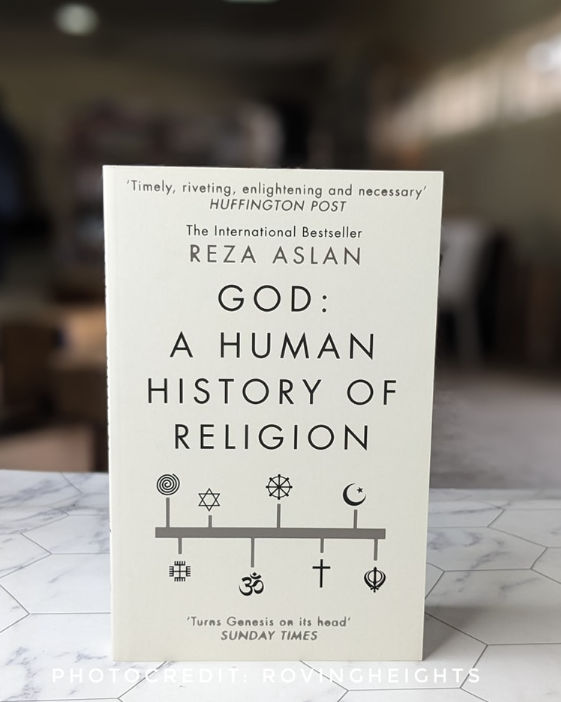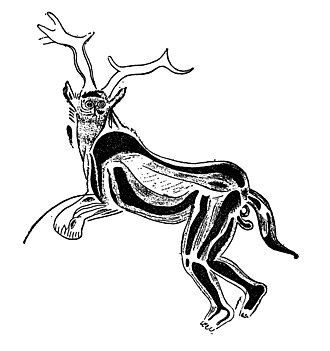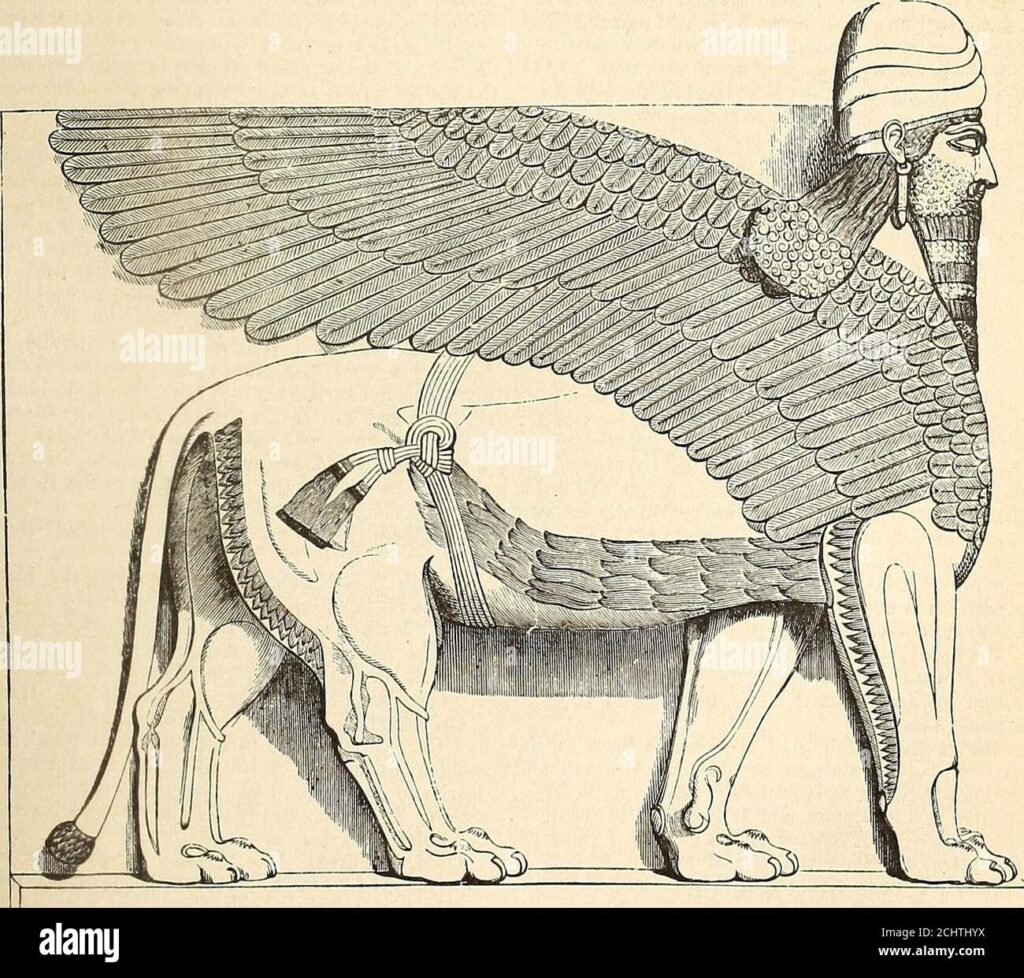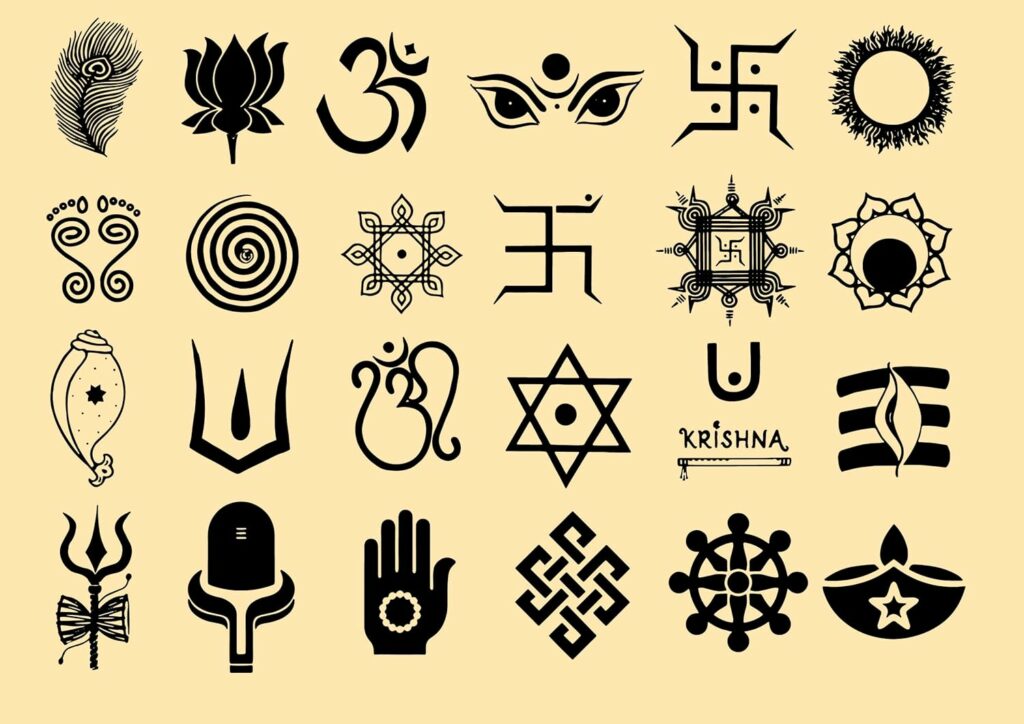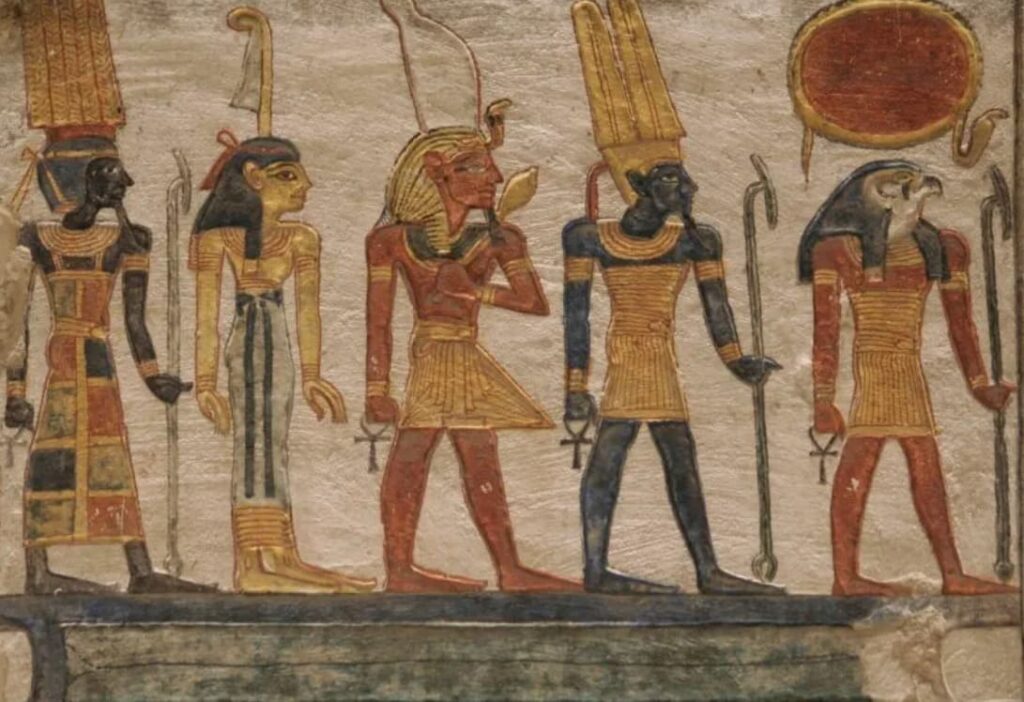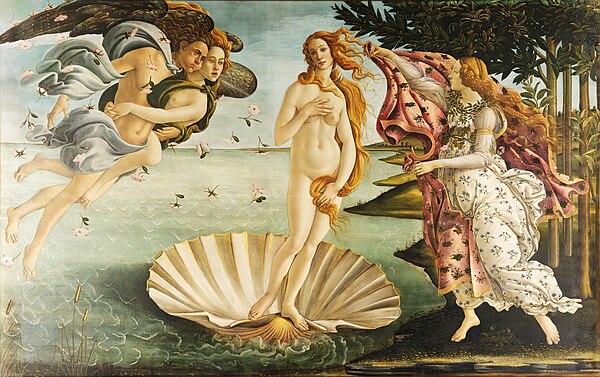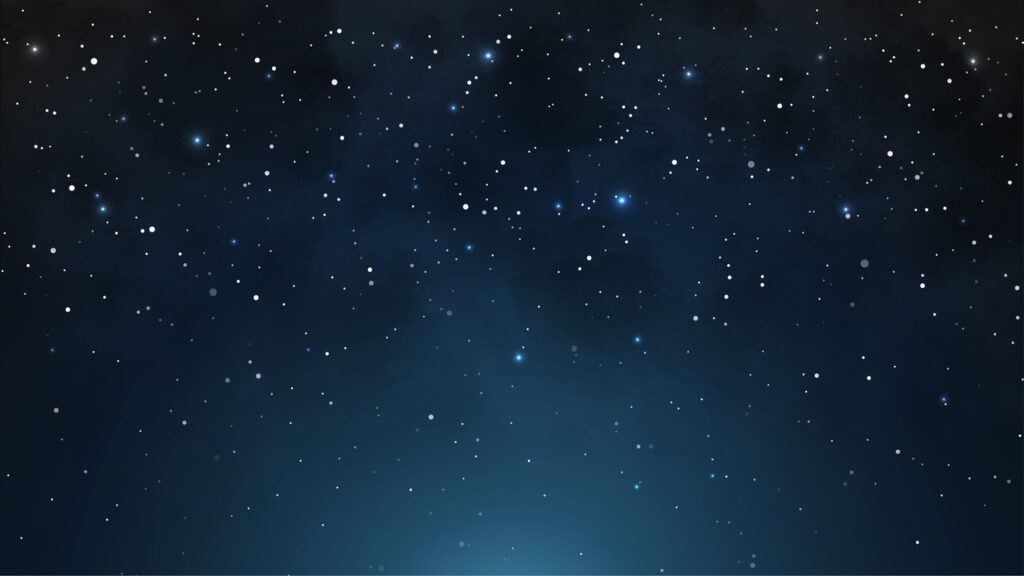When I picked up A Human History of Religion by Reza Aslan, I was at the train station in Verona waiting for my train to arrive, and picked up this book because, I must admit, I am rather ignorant when it comes to the various religions of the world. I consider myself slightly spiritual, though I have never felt a pull towards any religion in my life. Religion intrigues me more in an anthropological and literary sense. So clearly, I wasn’t sure what to expect. A parade of philosophical musings? A dry, historical recount of religious practices around the world? Instead, I found a fascinating and surprisingly relatable journey through humanity’s earliest encounters with the mysterious. This book brings a witty, grounded approach to a topic that can sometimes feel too lofty or too fraught. By the end, I was both enlightened and entertained. And honestly, I can’t look at a dream or a shrine quite the same way again.
At its core, A Human History of Religion takes a refreshingly human approach to understanding how religions came to be. It doesn’t just drop us into the rituals and beliefs themselves but guides us back to their possible origins. Imagine our ancient ancestors looking up at the stars, wondering about the nature of dreams, or grappling with the inexplicable experience of losing a loved one. How did we go from interpreting dreams as messages from the afterlife to building grand cathedrals and temples? According to this book, it was a gradual, surprisingly relatable journey that started with a simple question: “What if…?”
One of the book’s most intriguing concepts is how early humans may have viewed dreams as a gateway to a world beyond. Picture this: you fall asleep, and suddenly you’re interacting with someone who’s been gone for years. Today, we might call it a “dream.” But to someone with no scientific knowledge of the brain or REM cycles, it must have seemed like a kind of magic—a hint of a life beyond the physical. And honestly, who wouldn’t be curious?
But the book doesn’t just stop at dreams. It goes on to explore how these early “what if” moments evolved into more complex structures of belief. It’s one thing to imagine an afterlife or some spiritual realm; it’s another to try and make sense of it or (more ambitiously) to appease whatever powers might be running it. A Human History of Religion reveals how humans moved from vague ideas about spirits and ancestors to structured religions with gods, rituals, and even a bit of societal control sprinkled in. Suddenly, the world was full of rules, taboos, and gods who needed appeasing. The stakes had risen, and religion was now a powerful social force.
Another thing I loved about this book was its sly humor. It doesn’t paint religion as either good or bad; instead, it appreciates how naturally it arose from the mysteries of our existence. The author gently nudges us to consider how some of our quirks today—like the need for rituals, routines, or even “good luck” charms—might have served as the early seeds of religious thought. And it’s hard not to laugh at the idea that humanity may have invented deities in part to make sense of unpredictable weather patterns or the occasional terrifying eclipse.
One thing A Human History of Religion does brilliantly is avoid any heavy-handed judgment. The book doesn’t try to argue for or against the existence of gods or the value of belief itself. Instead, it offers a historical perspective that feels almost… anthropological. Here’s how religion might have started. Here’s why it probably made sense. Here’s how it helped humans bond, build societies, and unfortunately, even wage war. The tone is wise but approachable, never taking itself too seriously. It’s as if the author is saying, “Isn’t it fascinating how we ended up here?”
In reading it, I found myself questioning so many things I’d previously taken for granted. Why do we feel the need to find patterns in random events? Why do humans have a nearly universal tendency to create stories about what happens after we die? And most of all, how did we go from dreams and chance encounters to elaborate institutions with rituals, hierarchies, and a powerful grip on human behavior? This book won’t give you all the answers, but it’s refreshingly open about that—it’s more interested in the journey than in some grand, ultimate truth.
If you’re interested in the origins of belief, the strange quirks of human nature, or just a thought-provoking read with a side of humor, A Human History of Religion is a real gem. It’s witty, wise, and leaves you with more questions than answers—but in the best way. Because isn’t that what all good books do?
